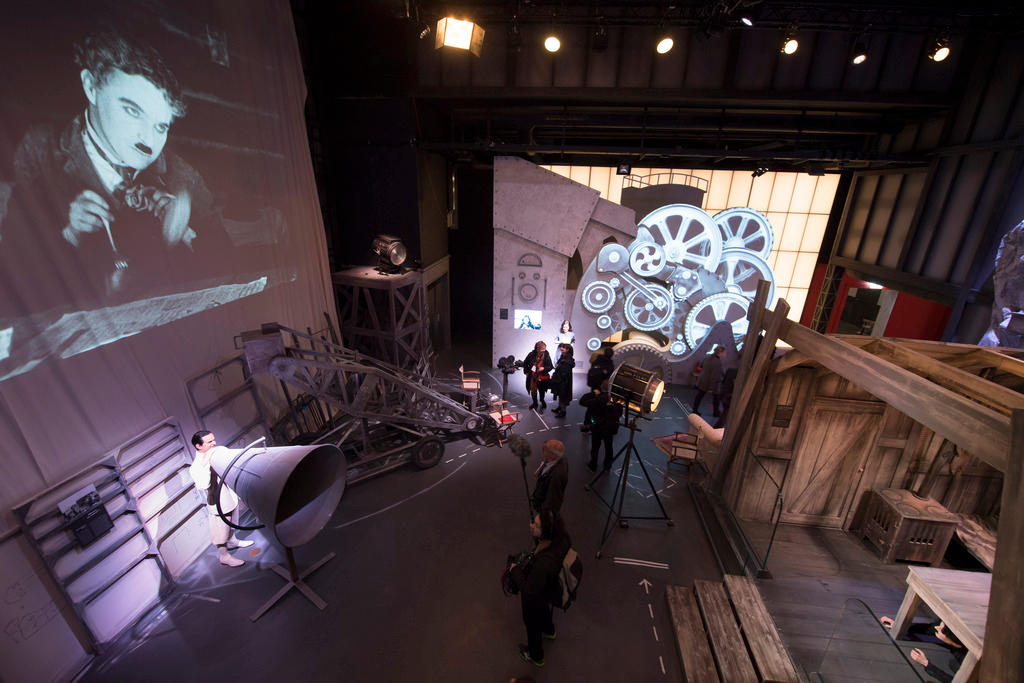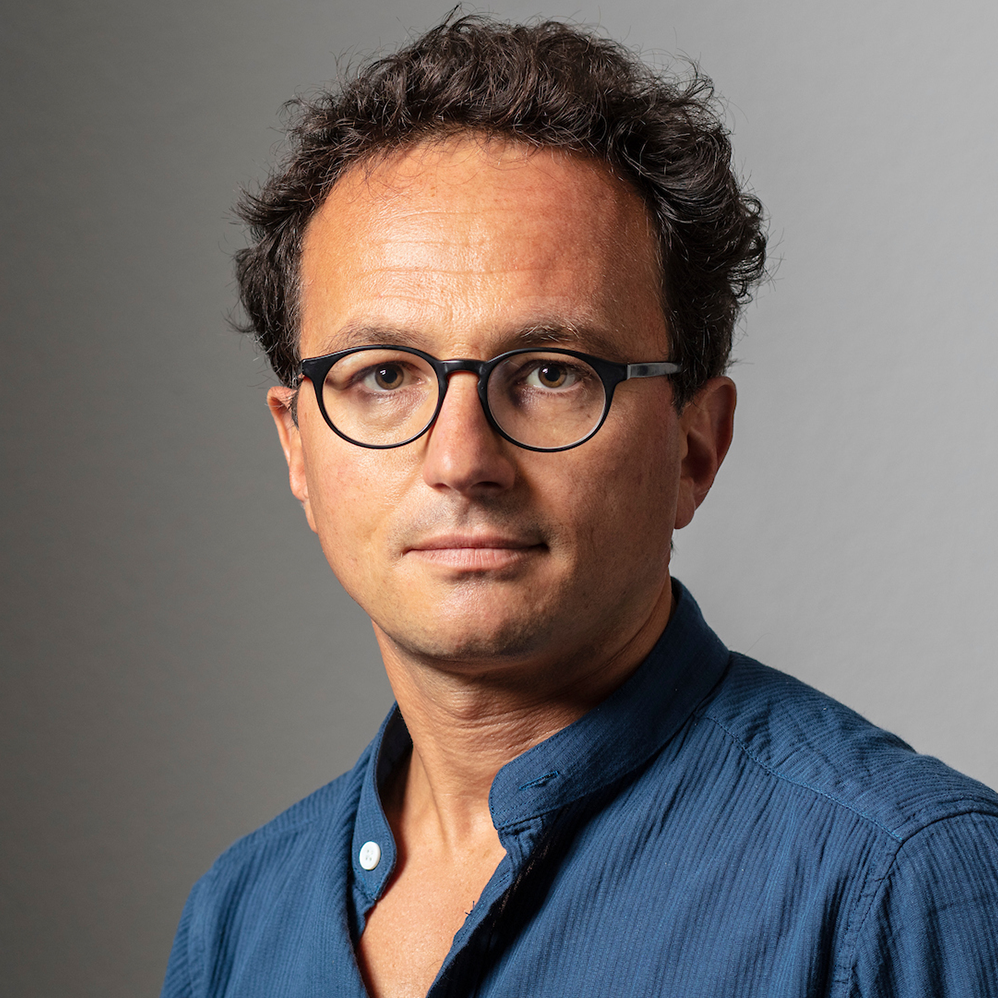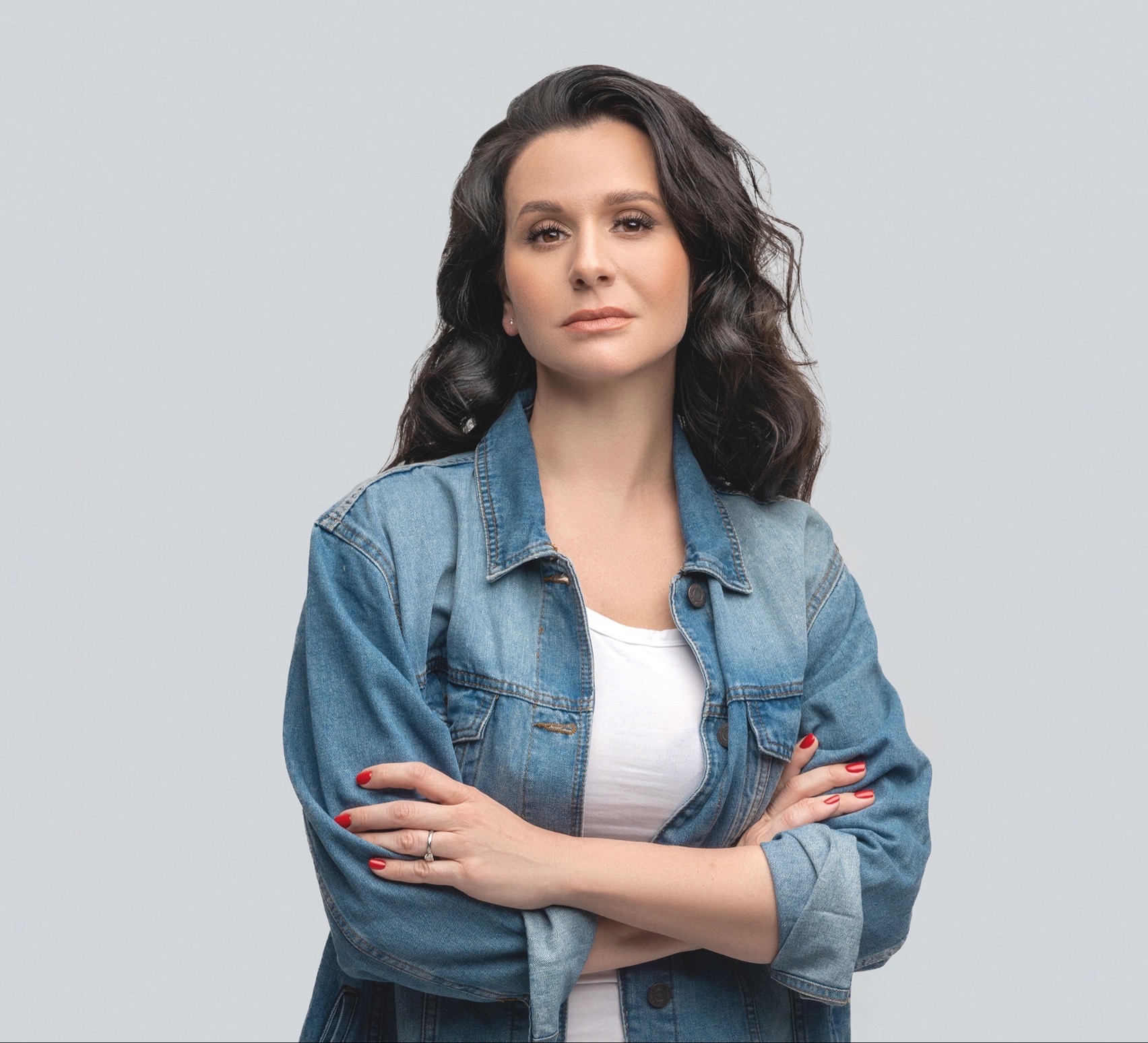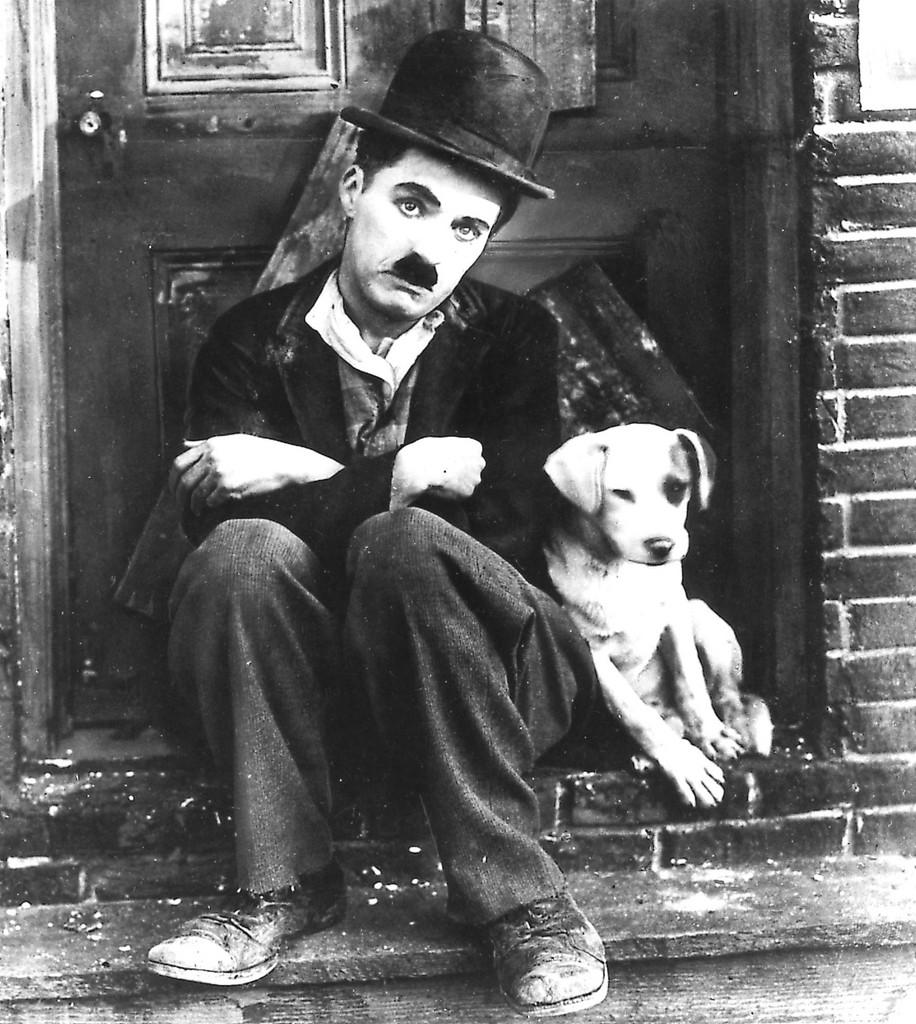Director vs dictator: The enduring relevance of Charlie Chaplin
“A bad imitation of me,” Charlie Chaplin said of Adolf Hitler, who inspired The Great Dictator, one of Chaplin’s most commercially and critically successful films. But what message does it have for audiences today?
Exactly 45 years ago, on December 25, 1977, one of the most famous men in the world died in Corsier-sur-Vevey overlooking Lake Geneva: Charlie Chaplin.
The British actor had lived for a quarter of a century in Switzerland, where he had found refuge from McCarthyism, the FBI and American journalists, who had taken a very dim view of his satire The Great Dictator and had begun to castigate and persecute its author.
Chaplin started thinking about making a film about Adolf Hitler in 1937, two years before the outbreak of the Second World War and four years before the United States entered the conflict. He could not count on much support: the Americans, as well as the British, had long regarded Nazi Germany as a bulwark against communism. The film was released in 1940.
What was important for Chaplin in the 1940s was to not remain silent: he had to protest and make this protest seen. However, he said several times after the war that he would never have made the film had he known the full horror of the concentration camps.
So is it possible to see reality through the prism of his work?
To find the answer to this question, SWI swissinfo.ch went to Corsier-sur-Vevey, where apart from Chaplin’s home, the Manoir de Ban, there is also Chaplin’s WorldExternal link, which was made with the Musée Grévin.
We hear from Charlie’s son Eugène Chaplin, Béatrice de Reyniès, director of Chaplin’s World, and Anton Doline, a Russian journalist and film critic who left Russia after the start of the invasion of Ukraine.
Edited by Samuel Jaberg














You can find an overview of ongoing debates with our journalists here . Please join us!
If you want to start a conversation about a topic raised in this article or want to report factual errors, email us at english@swissinfo.ch.